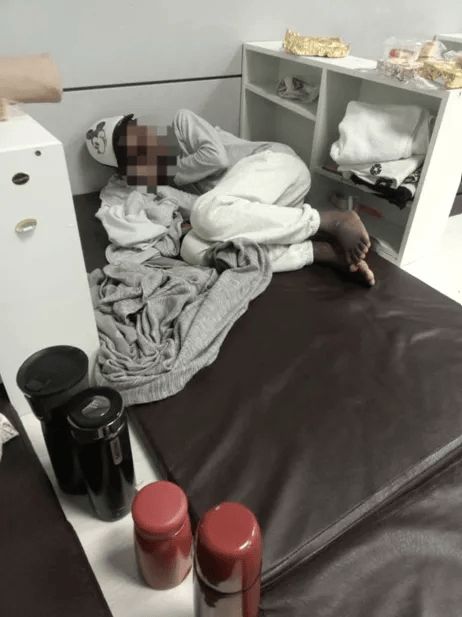 A 10-year-old boy from Mali has spent over four months confined inside Korea’s Incheon Airport, after his asylum application was denied a formal review by South Korean authorities.
A 10-year-old boy from Mali has spent over four months confined inside Korea’s Incheon Airport, after his asylum application was denied a formal review by South Korean authorities.
The boy arrived in June with his father, both seeking refuge from Mali’s worsening authoritarian crackdown. South Korea’s immigration authorities, however, ruled the case as a “non-referral,” which is a legal mechanism used to filter out asylum applications deemed insufficient, preventing them from entering the formal review process.
Refusing to return to their home country or relocate elsewhere, the pair have remained in a sealed-off holding facility inside the airport, while pursuing a legal challenge against the decision.
Their confinement, which includes no access to sunlight or proper medical care, has been reported by local Korean outlets citing public interest law group Duroo and the Korea Refugee Rights Network.
Nonprofit organizations are providing basic needs such as clothing and hygiene supplies, while medical care is limited to a public health clinic inside the airport.
According to the family’s legal representative, the pair filed a complaint with South Korea’s National Human Rights Commission on Oct. 17 over the prolonged confinement of a minor and the resulting deprivation of education, sunlight and adequate medical care.
South Korea’s Ministry of Justice has not commented on the specific case, but the wider use of “non-referral” decisions has drawn growing concern from legal experts and refugee rights advocates. They argue the practice circumvents the state’s international obligation to fairly consider asylum claims under the UN Refugee Convention, which South Korea ratified in 1992.
Mali’s current military regime, which seized power through successive coups beginning in 2020, banned all political parties earlier this year and has violently suppressed public dissent. The father and son say they fled in fear of persecution after protests escalated in the capital, Bamako.
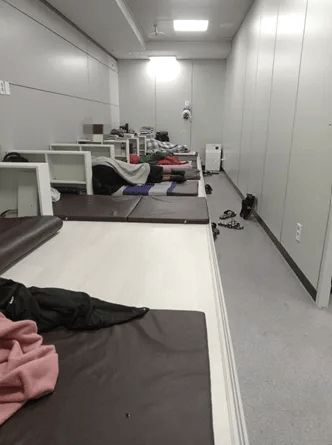 According to Duroo and the Korea Refugee Rights Network, the case is not isolated. Two children from Kazakhstan, aged 7 and 15, have also been detained in the airport’s facility for over three months.
According to Duroo and the Korea Refugee Rights Network, the case is not isolated. Two children from Kazakhstan, aged 7 and 15, have also been detained in the airport’s facility for over three months.
A separate case earlier this year revealed a Guinean asylum seeker was held at Gimhae Airport for five months, subsisting on fast food and denied a refugee hearing.
Despite enacting a domestic refugee law in 2013, South Korea’s refugee recognition rate stood at just over 2 percent in 2022. The figure is the lowest among OECD member countries and roughly one-tenth of the OECD average of 23 percent, according to Korea’s Refugee Rights Center.
The National Human Rights Commission has previously urged reforms. In 2020, it recommended allowing minors engaged in legal disputes over refugee status to enter the country unless there is clear evidence of abuse. A 2023 report called long-term stays in airport waiting rooms “incompatible with human dignity” and emphasized the need for off-site shelters.
“The first step in refugee protection is a fair opportunity to be heard,” the Korea Refugee Rights Network said. “Without that, the system fails, and so do its responsibilities.”
- Why veteran pansori singer Lee Ja-ram takes on one-woman battle in ‘Prima Facie’
- HD Hyundai to showcase next-gen shipbuilding tech at APEC summit
- Free performances across Gyeongju celebrate vibrant Korean traditions ahead of APEC
- Blackpink’s Jisoo scores 1st solo entry on Billboard’s Hot 100
- Trump says Hamas will be ‘eradicated’ if group breaches Gaza deal



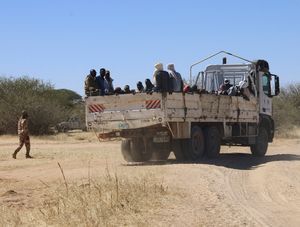
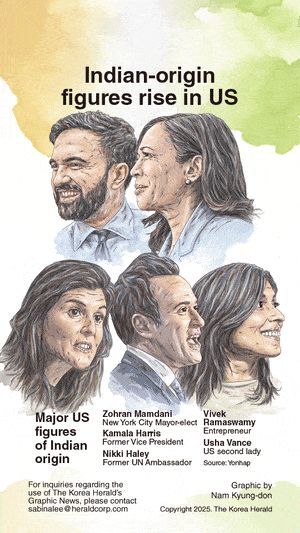
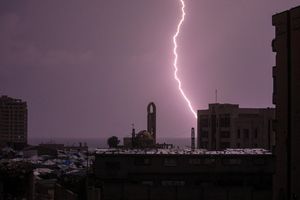
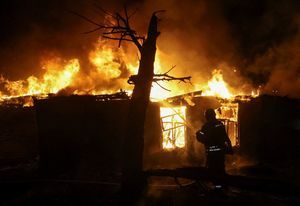


Most Commented